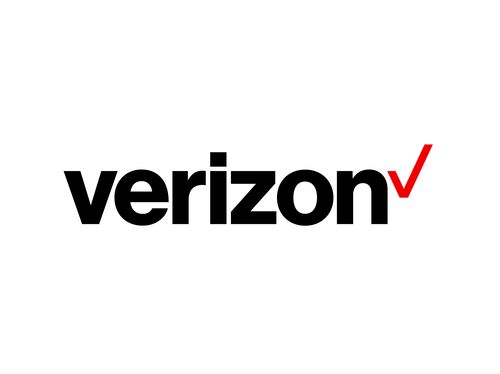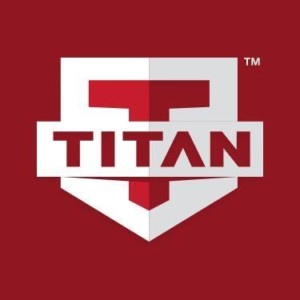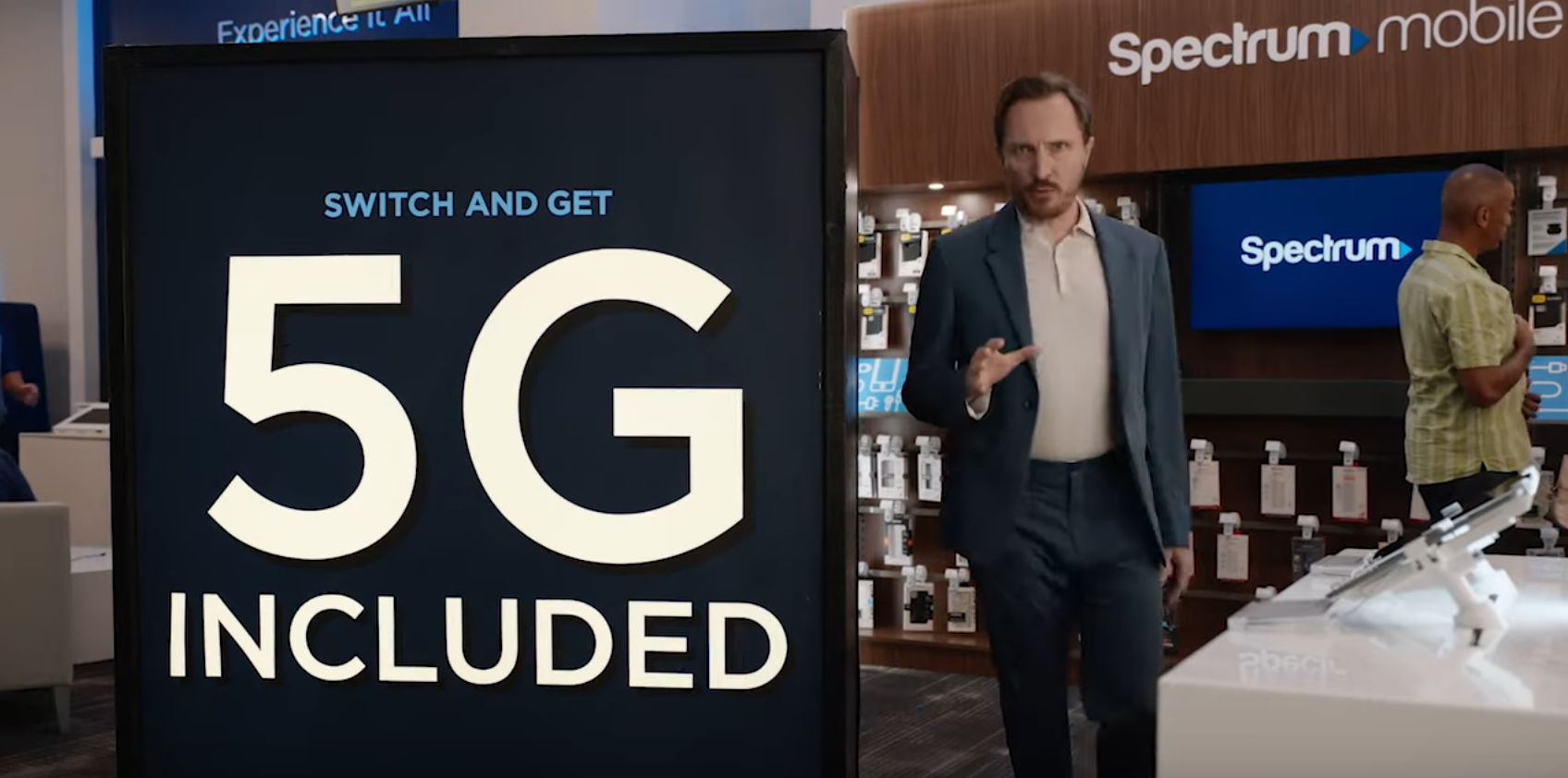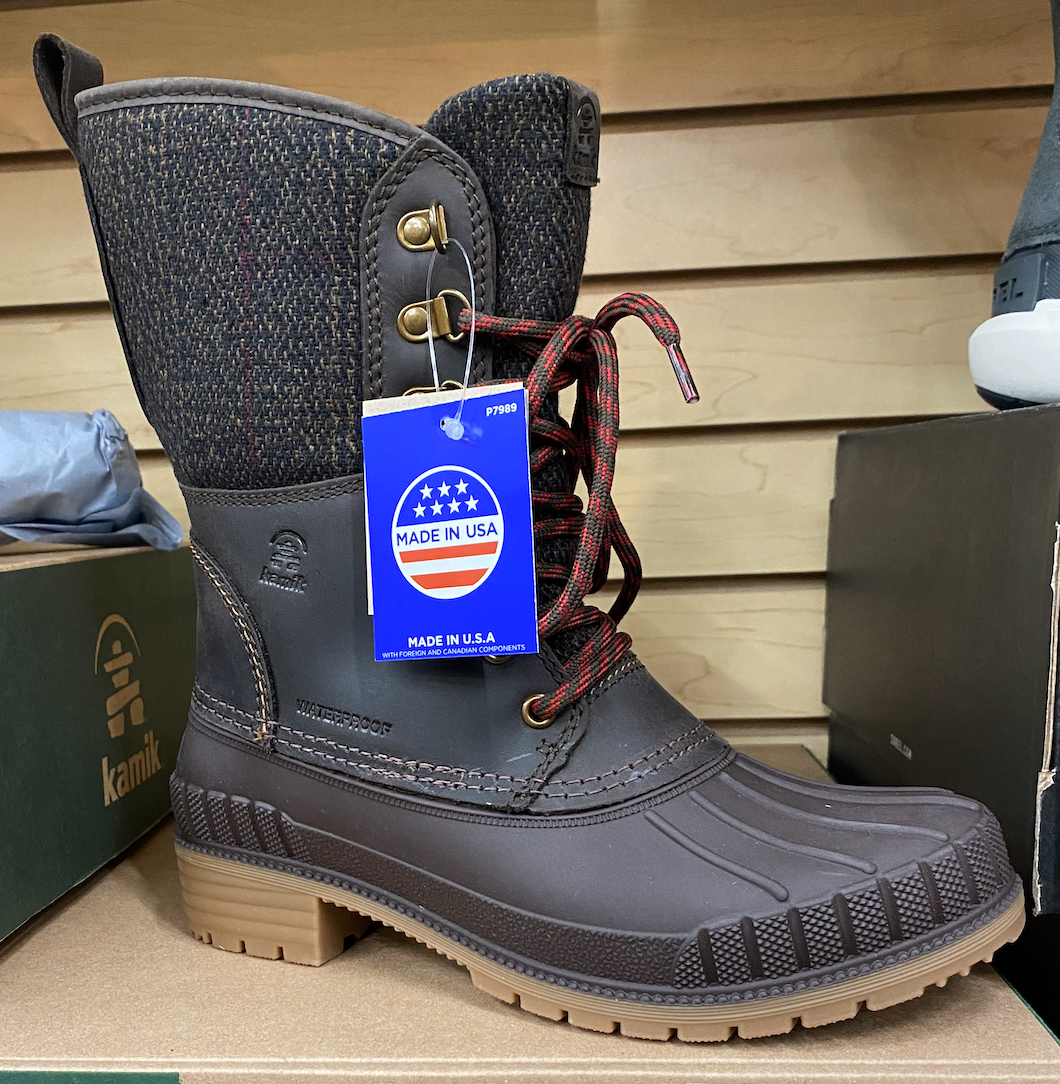
Verizon: ‘You Dunk It, We Upgrade It’
Except when there’s battery damage.
 Companies that want to promote their ties to U.S. manufacturing but whose products fall just short of the legal standard to be marketed as “made in the USA” have the option to qualify their claims. What do we mean by that? Companies can add qualifying language like “with imported parts” to avoid sending a misleading message to consumers.
Companies that want to promote their ties to U.S. manufacturing but whose products fall just short of the legal standard to be marketed as “made in the USA” have the option to qualify their claims. What do we mean by that? Companies can add qualifying language like “with imported parts” to avoid sending a misleading message to consumers.
This appeared to be the motive behind the creation and dissemination of an emblem Titan Tool used in its marketing materials that said “Built in America with Globally Sourced Materials.” The problem was that the qualifying language “with Globally Sourced Materials” was too small “to be read or noticed by reasonable consumers,” the FTC said in a recent closing letter to the Minnesota-based company, which sells paint sprayers and accessories.
The FTC said:
The Commission has noted that “[w]here a product is not all or virtually all made in the United States, any claim of U.S. origin should be adequately qualified to avoid consumer deception about the presence or amount of foreign content. In order to be effective, any qualifications or disclosures should be sufficiently clear, prominent and understandable to prevent deception. Clarity of language, prominence of type size and style, proximity to the claim being qualified, and an absence of contrary claims that could undercut the effectiveness of the qualification, will maximize the likelihood that the qualifications and disclosures are appropriately clear and prominent.”
In response to the inquiry, Titan Tool, among other things, updated all print, social and digital advertising to conform to new qualification sizing standards. TINA.org could not find the emblem with the qualified U.S.-origin claim “Built in America with Globally Sourced Materials” on the company’s website or social media pages. As a 2019 TINA.org investigation into the marketing of the Mercedes-Benz Sprinter van observed, the FTC views “built in the USA” as synonymous with “made in the USA,” as opposed to “assembled in the USA.”
The FTC also noted in its letter to Titan Tool that while the company assembles some products in the U.S., it also sells products that are imported.
Find more of our coverage on made in the USA claims here.
Our Ad Alerts are not just about false and deceptive marketing issues, but may also be about ads that, although not necessarily deceptive, should be viewed with caution. Ad Alerts can also be about single issues and may not include a comprehensive list of all marketing issues relating to the brand discussed.
Except when there’s battery damage.
Interested in 5G? Spectrum Mobile may not have you covered.
Zooming in on the fine print of a “Made in USA” tag.

